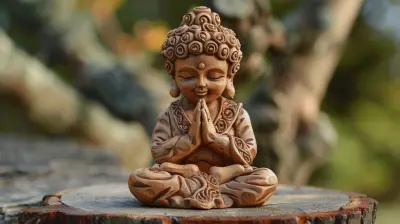Debunking Common Myths About Low Carb Diets
5 November 2025
Alright, let’s get one thing straight—low carb diets are not some weird cult ritual where bread is the devil and bacon is the holy grail. Yet, when you tell someone you’re cutting carbs, they look at you like you just announced your plans to live off dust and dreams.
Sound familiar?
The internet is overflowing with opinions about low carb diets, and honestly, a lot of them are just plain bogus. So, grab your favorite low-sugar drink, get comfy, and let’s break down the nonsense. We’re setting the record straight and debunking those tired low carb diet myths once and for all. It's time to cut the carb confusion—pun totally intended.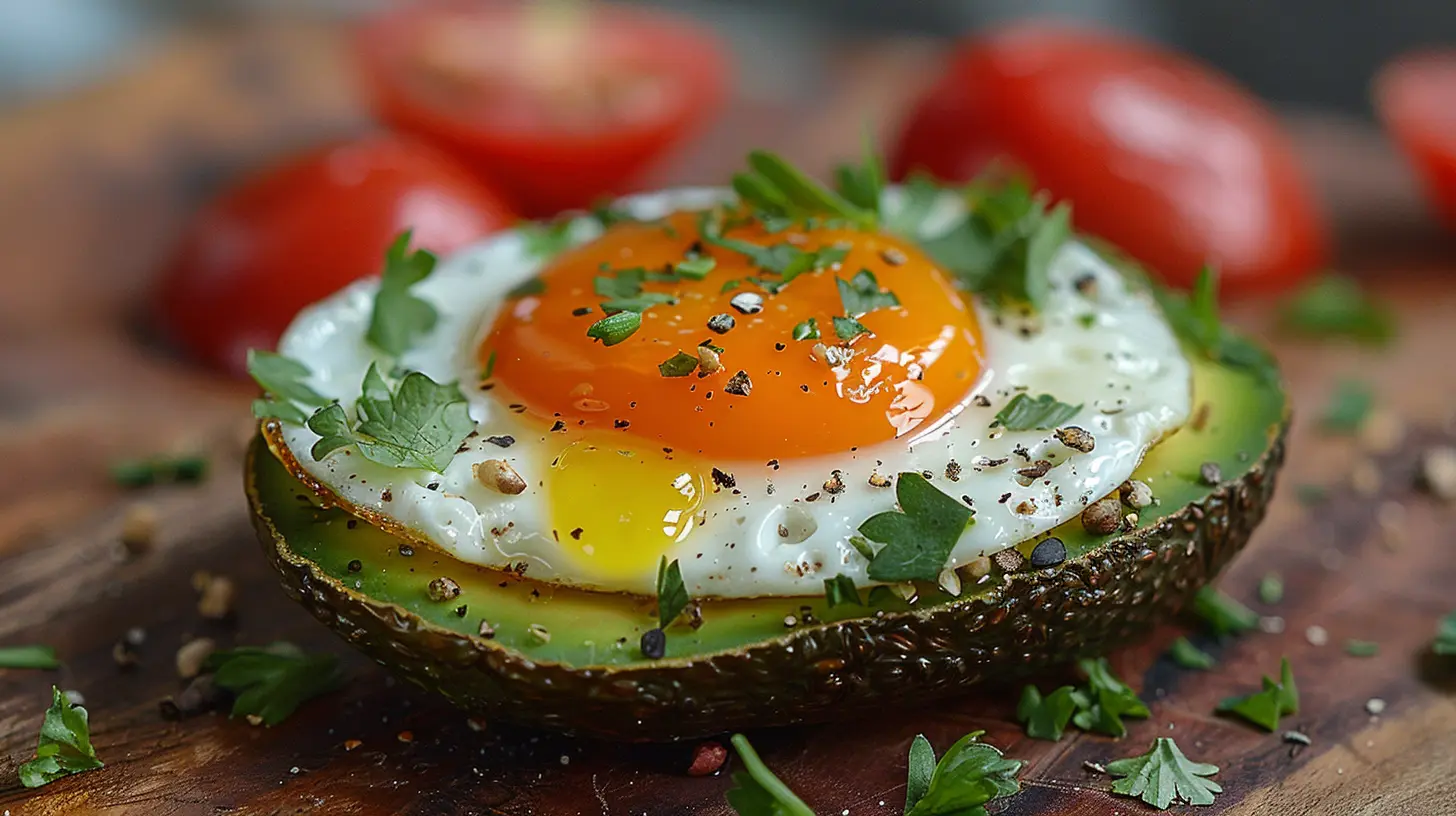
Myth #1: “Low Carb Diets Are Just Another Fad”
Oh, honey. Low carb has been around longer than most TikTok trends combined.Low carb eating didn’t just pop up out of nowhere. It’s been used for decades—since the early 1900s actually—to treat medical conditions like epilepsy. And remember Dr. Atkins? Yeah, he was talking about keto before it was cool. This “fad” has some serious staying power.
Why? Because it works for many people. Whether it's weight loss, better blood sugar control, or just feeling more energized, low carb isn’t just a diet—it’s a lifestyle for lots of folks.
Bottom Line:
It’s not a fad. It’s a tried-and-tested approach that keeps evolving with science. If it were a fad, it would’ve ghosted us by now like every other juice cleanse.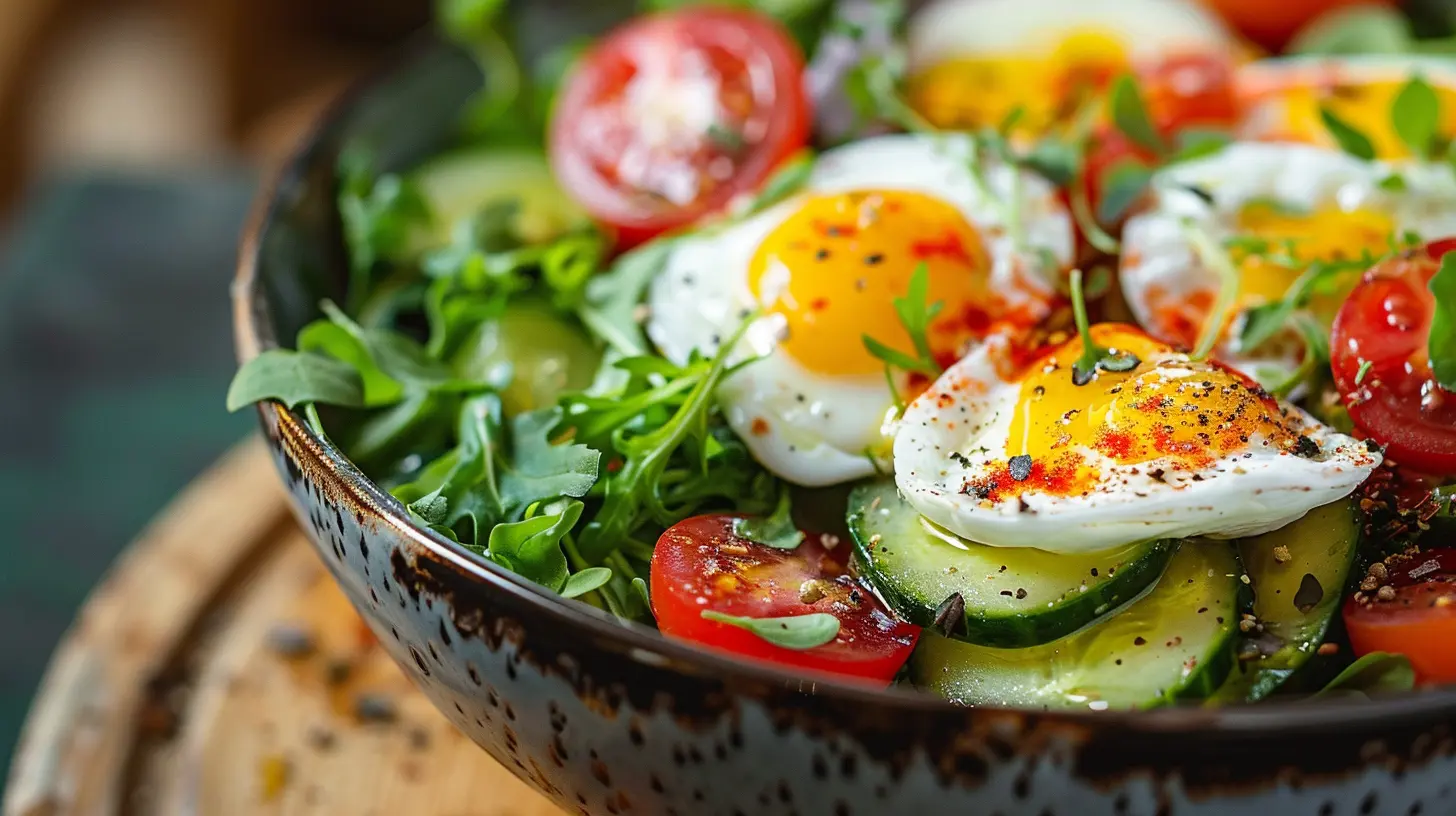
Myth #2: “You Need Carbs for Energy—You’ll Be Tired All the Time!”
Let’s clear this up with some sass and science.Yes, your body can run on carbs. That’s true. But guess what? It can also run on fat. When you're on a low carb diet, your body starts using fat for fuel—through a process called ketosis. It’s basically like switching from regular gas to premium.
Think of carbs like kindling: they burn quick and fast. Fat? Fat’s like a slow-burning log in a cozy fireplace. Once your body adapts, that energy? Oh, it's chef’s kiss—steady, reliable, and without that afternoon crash.
Bottom Line:
You can thrive on fat as fuel. It’s not about cutting energy—it’s about choosing a cleaner-burning source.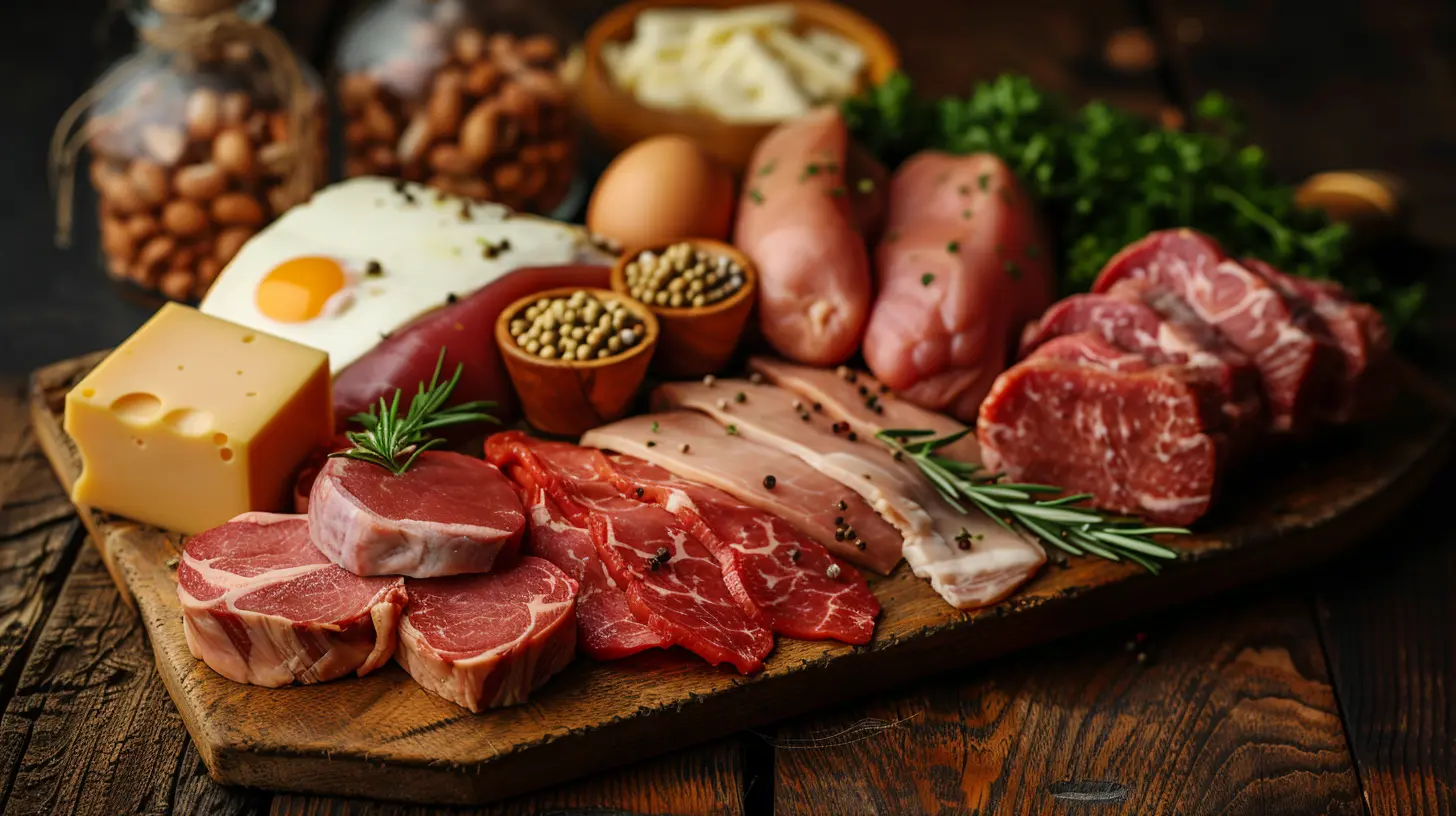
Myth #3: “Low Carb Diets Are High in Protein—That’s Bad for Your Kidneys”
Y’all, this myth is messier than a gas station bathroom.First off, low carb does not automatically mean high protein. Most low carb diets are actually moderate in protein and higher in fat (especially keto). So if you’re picturing someone scarfing down steaks 24/7, slow your roll.
And unless you already have a pre-existing kidney condition, research shows that eating more protein isn't going to wreck your kidneys. Your body knows how to handle it. You’re not going to wake up one day and suddenly have kidney issues because you ate a chicken breast.
Bottom Line:
There's no kidney catastrophe coming unless you’ve already got issues. And low carb isn’t a protein fest—it’s about balance, baby.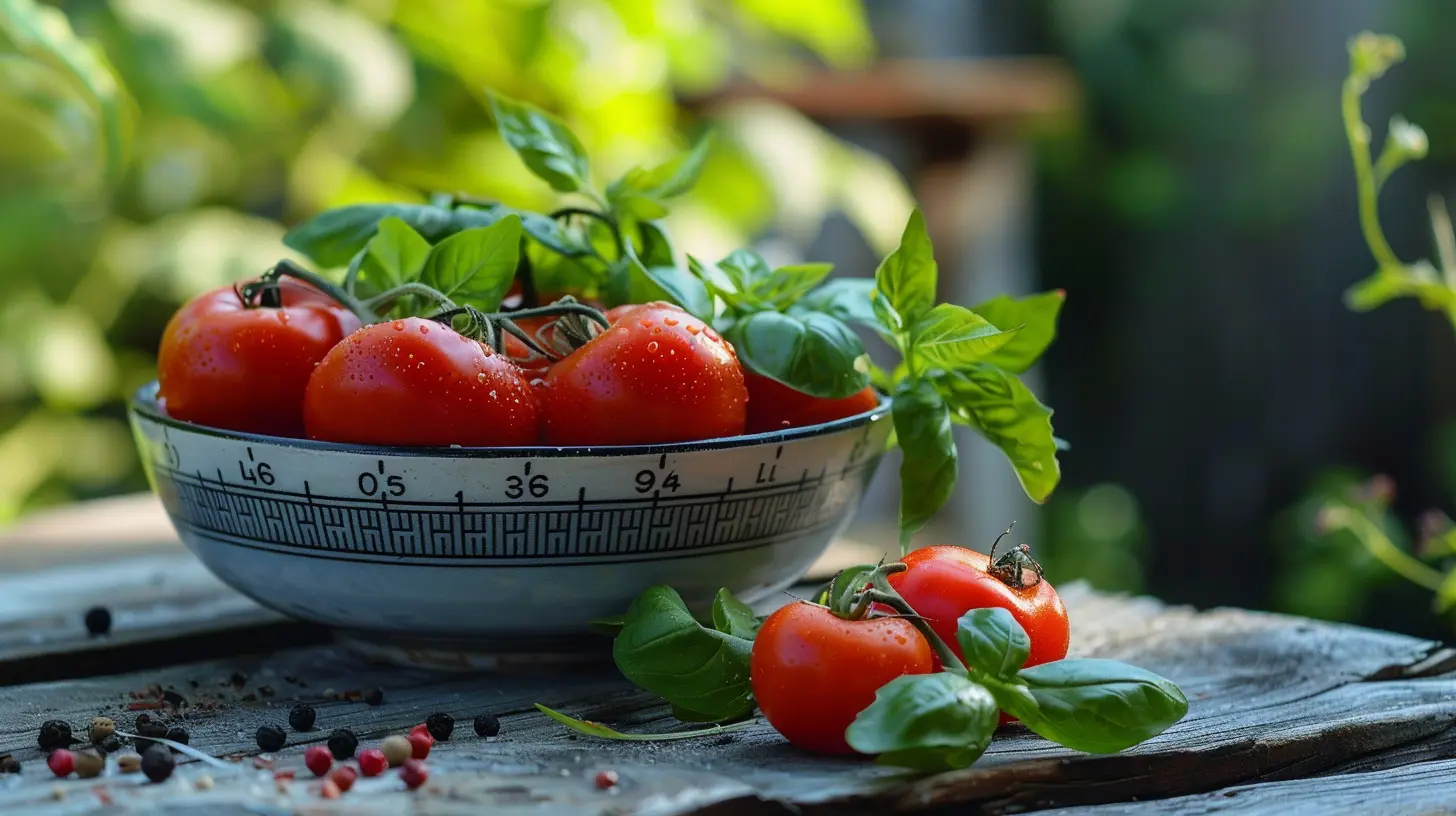
Myth #4: “You’ll Never Eat Bread, Pasta, or Dessert Again—What’s the Point?”
Look, a low carb lifestyle isn’t a food prison.Yes, traditional wheat bread and regular pasta are off the table most days—but have you seen the low carb alternatives out there? Almond flour, coconut flour, cheese-based doughs, veggie noodles... the options are endless and honestly delicious.
And dessert? Oh please. There are low carb cheesecakes, cookies, brownies, and even ice creams that taste just as good—if not better—than their sugar-loaded cousins.
Plus, being low carb doesn’t mean no carbs. It just means you’re mindful of them. You’re picking quality carbs, not junk.
Bottom Line:
You’re not deprived. You’re just making smarter swaps. And trust me, your taste buds come along for the ride.Myth #5: “Low Carb Diets Are All Bacon, Cheese, and Butter—So Unhealthy!”
Okay, pause. Just because you can eat bacon on keto doesn’t mean it’s a bacon-only buffet.A healthy low carb diet is rich in veggies, good fats like avocado and olive oil, high-quality proteins, nuts, seeds, and even the occasional low carb fruit like berries. It’s not just greasy diner food on repeat.
If someone’s eating 20 slices of bacon a day and calling it keto, that’s a them problem—not a low carb problem.
Bottom Line:
Low carb doesn’t mean low nutrition. When done right, it’s actually full of real, whole, nutrient-dense foods.Myth #6: “You’ll Lose Weight Fast—But It’s All Water Weight”
Sure, you might lose some water weight in the first week. That’s totally normal—when you cut carbs, your insulin drops, and your body sheds excess water.But here’s the kicker: long-term weight loss still happens on low carb. That’s fat loss, folks, not just water waving goodbye.
Studies show low carb diets are just as (and sometimes more) effective than low fat diets for sustained weight loss. And better yet, people often feel less hungry on low carb. Translation? You’re not white-knuckling your way through hunger all day.
Bottom Line:
Yes, water weight goes first—but fat loss follows. The scale doesn’t lie when your clothes are falling off in week six.Myth #7: “You’ll Miss Out on Essential Nutrients”
Alright, let’s use some common sense.Are you really getting your vitamins from white bread and sugary cereal? Nope. When you cut those out and start eating leafy greens, nuts, seeds, meats, and low carb veggies—you’re actually increasing your nutrient intake.
And if you’re worried about missing something, a good multivitamin or specific supplements like magnesium or potassium can fill the teeny-tiny gaps.
It’s much more likely that a highly-processed high-carb diet leaves you nutrient-deficient—not a thoughtful low carb one.
Bottom Line:
Low carb can be nutrient-packed. You just need to do it right—not live off processed meats and call it a day.Myth #8: “It’s Impossible to Stick With Long-Term”
Sure, if you go from pizza three times a week to kale and air, you’re going to struggle. But a well-planned low carb approach? It's actually super doable long-term.The trick is making it sustainable for you. That means finding meals you love, having go-to low carb snacks, and making room for indulgence when you want it. Low carb doesn’t mean no fun. It means less sugar and more self-control—with wiggle room.
Thousands of people stick with this lifestyle for years—because they feel freaking amazing. More energy, better mood, less brain fog, better digestion, and yeah, that sweet, sweet fat loss.
Bottom Line:
With the right mindset and a few tricks up your sleeve, low carb can absolutely be a forever thing.Bonus Myth: “You Can’t Work Out on Low Carb”
Uh, have you met athletes doing CrossFit, marathons, or intense lifting while staying low carb or even keto?It’s a lie that you need carb-loading just to walk your dog or hit the gym. Your body can adapt to using fat for energy—even during intense workouts. It’s called being “fat-adapted,” and it’s a game changer.
Sure, you might feel a little sluggish at first when switching to low carb. That’s normal. But once your body adjusts? Beast mode.
Bottom Line:
Yes, you can still crush your workouts. With enough time and smart nutrition, your body becomes a lean, mean, fat-fueled machine.The Real Truth About Low Carb Diets
Here’s the deal: Low carb is not a magic fix. It won’t make you grow abs overnight or become a supermodel in six days. But it’s also not the villain people make it out to be.If you’re tired of rollercoaster hunger, sugar crashes, and weight loss plans that leave you hangry and hopeless—low carb might just be your golden ticket.
Is it for everyone? Nope. But for a lot of people, it’s a game-changer.
So the next time someone throws one of those tired myths at you, smile sweetly and hit them with the truth. Because now, you’ve got the facts—and the sass—to back it up.
Final Thoughts
Low carb isn’t some extreme, unsustainable, nutrient-lacking trend. It’s a flexible, effective lifestyle option for tons of people—and it just might be what you need to feel your best.Remember: It’s not about cutting out joy. It’s about cutting down the stuff that’s dragging you down.
So go ahead. Embrace the bacon if you want—but don’t forget to load up on spinach too. Your diet, your rules.
all images in this post were generated using AI tools
Category:
Low Carb DietAuthor:

Holly Ellison
Discussion
rate this article
1 comments
Tiffany Rios
Unraveling the truth behind low carb diets may reveal secrets that could change everything.
November 7, 2025 at 4:34 PM

Holly Ellison
Thank you for your comment! Our article aims to clarify misconceptions and provide a balanced view of low carb diets based on current research. Stay tuned for more insights!
